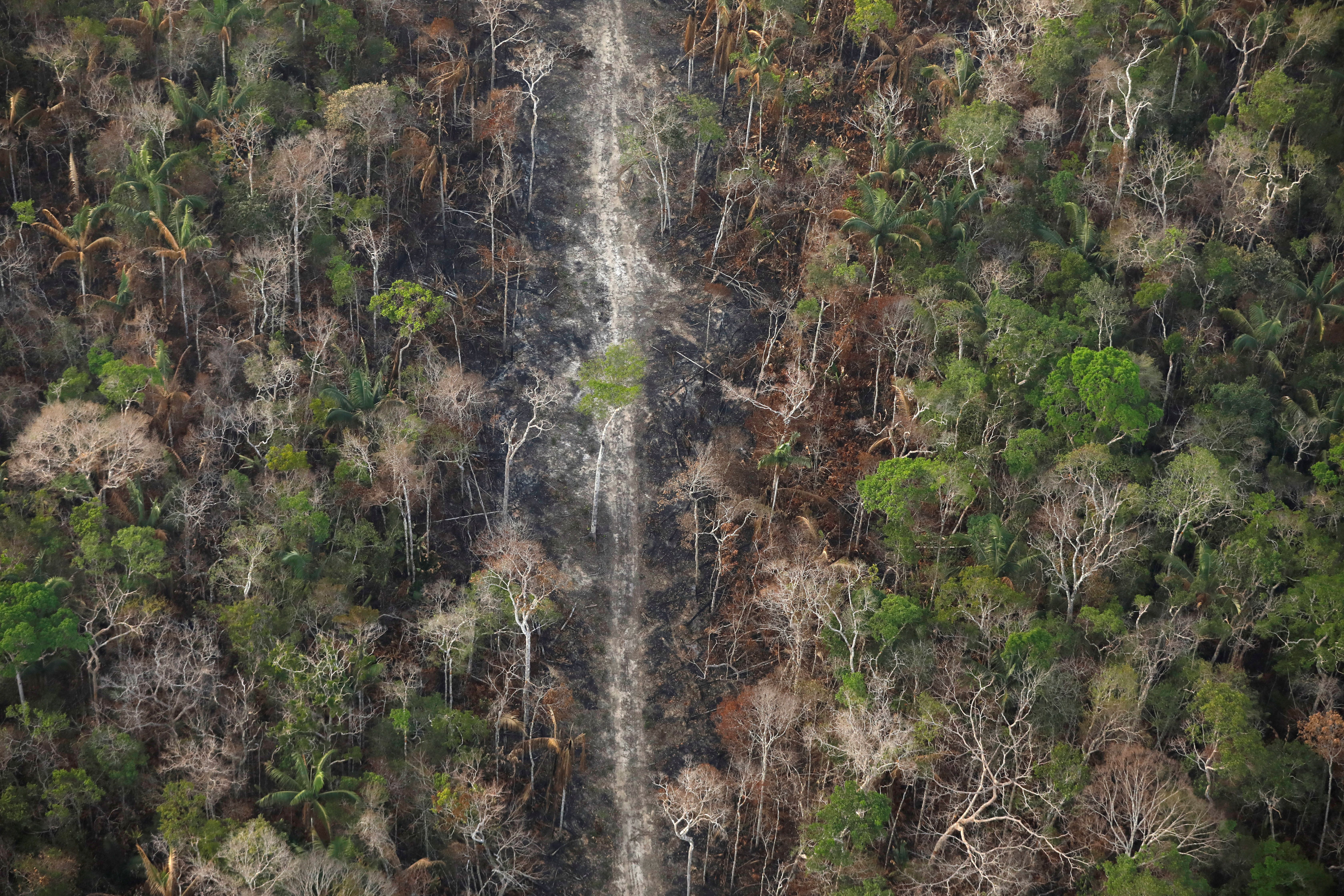News
June 11, 2020
10,000: Under Brazilian president Jair Bolsonaro's push to develop the Amazon, more than 10,000 square kilometers of the rainforest were destroyed last year. That's an area equal to the size of Lebanon, and it's a 34 percent increase over 2018. So far this year, destruction of the Amazon is already up 55 percent. The Amazon's vast absorption of greenhouse gasses is critical for limiting global warming, scientists say.
53: Two weeks of nationwide protests over the killing of George Floyd have moved a majority (53 percent) of Americans to support the Black Lives Matter movement for the first time, according to the pollster Civiqs. Before Floyd's death, the figure stood at 48 percent, the highest mark on record at the time.
11.5: The UK economy will shrink 11.5 percent this year, the worst of any major economy, says the OECD, a group of advanced countries. And that's the optimistic case, which assumes no "second wave" of coronavirus. If another wave breaks, Britain's GDP would contract 14 percent. Analysts say that the UK's economic dependence on services has made it especially vulnerable to coronavirus-related shutdowns.
81: Boko Haram jihadists are suspected in an attack on a village in Northeastern Nigeria that left at least 81 people dead on Tuesday. The terror group has killed more than 30,000 people over the past decade, in a conflict that has displaced more than 2.5 million. With governments around the world distracted by the coronavirus pandemic, the group has recently increased its attacks.
More For You
- YouTube
Gotta maximize sleigh-holder value. #PUPPETREGIME
Most Popular
- YouTube
On Ask Ian, Ian Bremmer breaks down the steady escalation of US pressure on Venezuela and why direct military action is now a real possibility.
US President Donald Trump arrives to announce reciprocal tariffs against US trading partners in the Rose Garden of the White House in Washington, DC, USA, on April 2, 2025.
POOL via CNP/INSTARimages.com
From civil conflicts to trade wars to the rise of new technologies, GZERO runs through the stories that have shaped this year in geopolitics.
Ukrainian serviceman walks near apartment buildings damaged by Russian military strike, amid Russia's attack on Ukraine, in the frontline town of Kostiantynivka in Donetsk region, Ukraine December 20, 2025.
Oleg Petrasiuk/Press Service of the 24th King Danylo Separate Mechanized Brigade of the Ukrainian Armed Forces/Handout via REUTERS
Ukrainian intelligence services assassinated a senior Russian general on the streets of Moscow on Monday, detonating a bomb strapped to his car.
© 2025 GZERO Media. All Rights Reserved | A Eurasia Group media company.
